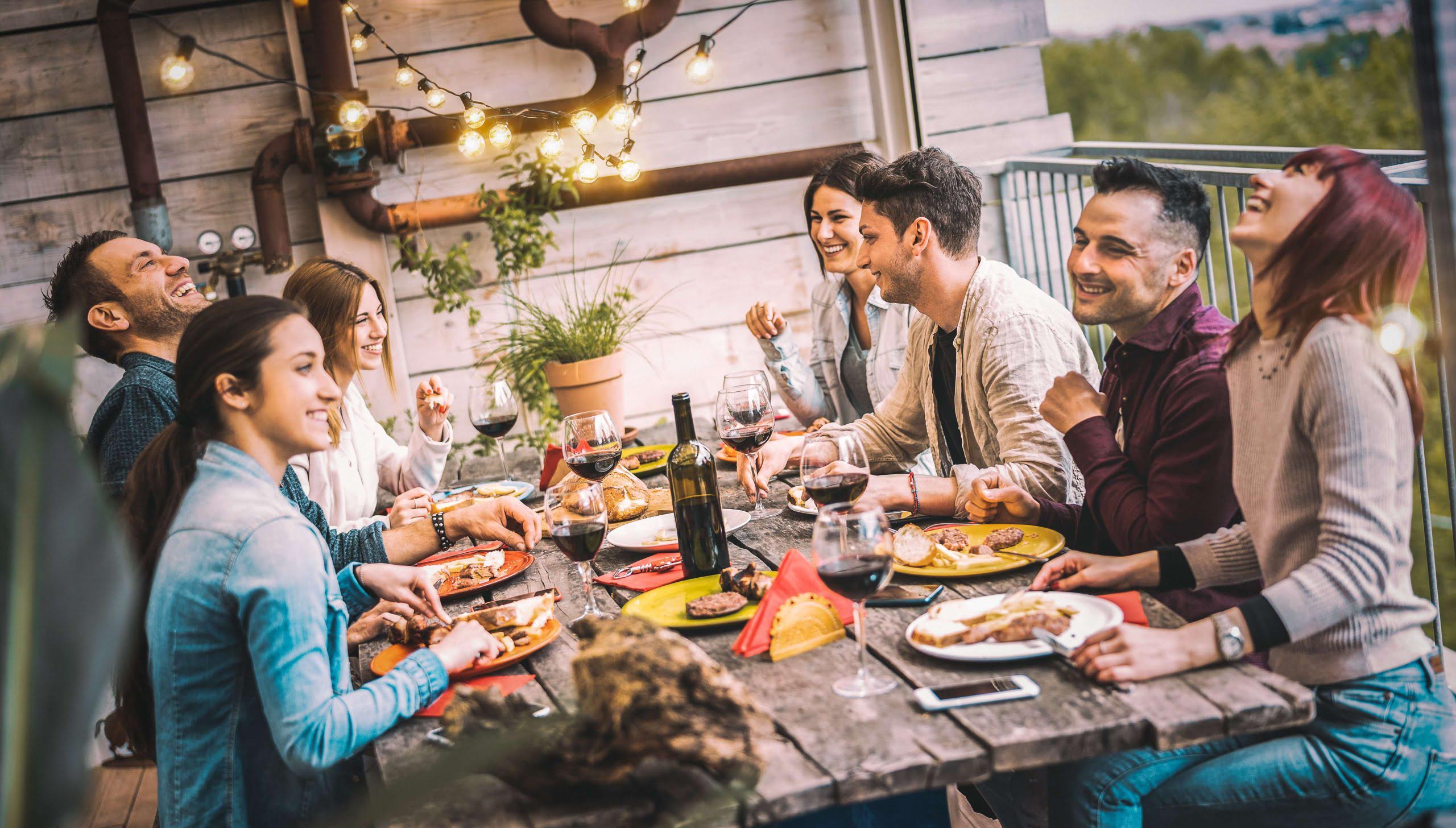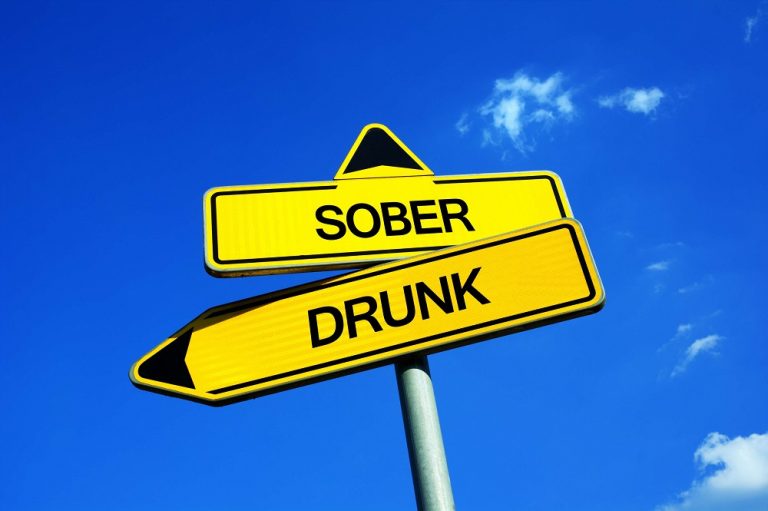To minimize the impact of alcohol on sleep, have your last drink at least 3 or 4 hours before bedtime. The amount of alcohol you drink and how close to bedtime you drink impact how you sleep that night and how you will feel the next day. It’s not because I don’t appreciate a glass of wine with a great meal, or a few beers on a hot summer evening. It’s because I know what alcohol can do to sleep and healthy circadian rhythms. As research consistently shows, however, the opposite is actually true.
- This has led to speculation that red wine could potentially help regulate sleep patterns.
- However, remember that alcohol has a way of manifesting itself on the body’s clock later on and, therefore, it’s always better to avoid it to ensure a good night’s sleep.
Gender and Alcohol
“For the best sleep, try to have at least four alcohol-free drug addiction treatment nights every week,” Meadows said. Some people believe that the warming sensation produced by whiskey can help promote feelings of coziness and comfort, potentially aiding in the transition to sleep. However, it’s crucial to remember that while whiskey may help with initial relaxation, its effects on overall sleep quality are similar to those of other alcoholic beverages.
Factors to Consider When Choosing a Nightcap
Certainly in people with problems like PTSD who are prone to nightmares, they can feel significantly more symptomatic with the use of alcohol. And then there are sleep disorders like REM behavior disorder, which is a parasomnia. These are disorders of abnormal movements or behaviors surrounding sleep. But people with RBD, REM behavior disorder, can act out dreams, even in the absence of alcohol, can hurt themselves in their sleep by punching and kicking, falling out of bed.
Don’t Drink Carbonated Beverages
- While it has sedative effects that can cause feelings of sleepiness, studies show alcohol, particularly when consumed in excess, can reduce sleep quality and sleep duration.
- For instance, a hot toddy or warm spiced wine can provide comforting warmth, encouraging relaxation.
- That’s bad because the REM cycle is essential for feeling bright-eyed and rested when you get up in the morning.
- And so alcohol has the effect of changing our sleep at night, and changing our sleep at night has the effect of how we function during the day.
While staying hydrated can prevent some of alcohol’s dehydrating effects, it won’t fully negate alcohol’s impact on sleep cycles. Coffee may help you feel more alert in the morning, but it doesn’t restore lost sleep quality. When you have sleep apnea, drinking can make the breathing interruptions last longer when you are asleep, leading to more awakenings. Studies have shown that people who drink and have sleep apnea are at a much higher risk of traffic accidents than people with sleep apnea who do not drink alcohol.
Is it OK to take sleeping pills and drink alcohol?
A glass of wine might help you fall asleep, but it’s not good for restful sleep, according to Dr. Colsky. Wine, like all alcohol, might make you sleepy because it’s a depressant with a sedative effect. “It helps you fall asleep quickly because it enhances GABA activity, which calms brain activity and induces drowsiness,” he says.

This practice can mask an underlying sleep disorder such as obstructive sleep apnea which may be causing the insomnia in the first place. For many people, enjoying the occasional drink with friends or a glass of wine with dinner is something to look forward to. During the years 2019, 2020 and 2021, Sleep Cycle’s sleep survey users on average tagged alcohol in their sleep notes around 2.5 percent of their total number of sleeps. The sleep notes feature within the Sleep Cycle app allows users to tag a number of activities (such as alcohol consumption, exercise, etc.) that they’ve undertaken before bedtime. This lets our users draw their own conclusions on whether a particular activity led to a poorer or improved quality of sleep and can also does liquor help you sleep let them see certain patterns over time. It can also worsen insomnia by fuelling nighttime awakenings and fragmented sleep.

Alcohol interferes with the brain’s ability to receive chemical messages involved in breathing, which decreases the body’s respiratory drive and increases the likelihood of pauses in breathing. If you notice consistent restlessness or awakenings, try extending your alcohol cutoff window (e.g., four or five hours before bed) and see if your sleep quality improves. By dispelling the myth of sleeping it off and adopting safer practices, you can enjoy alcohol responsibly while minimizing risks to yourself and others. Always prioritize safety, and don’t hesitate to seek help if you’re concerned about your alcohol consumption or its effects on your sleep and health. Drinking alcohol can affect the quality of your sleep architecture, which can cause conditions such as insomnia or OSA. Although some people find that alcohol can help them sleep better, it can lead to negative long-term consequences.
